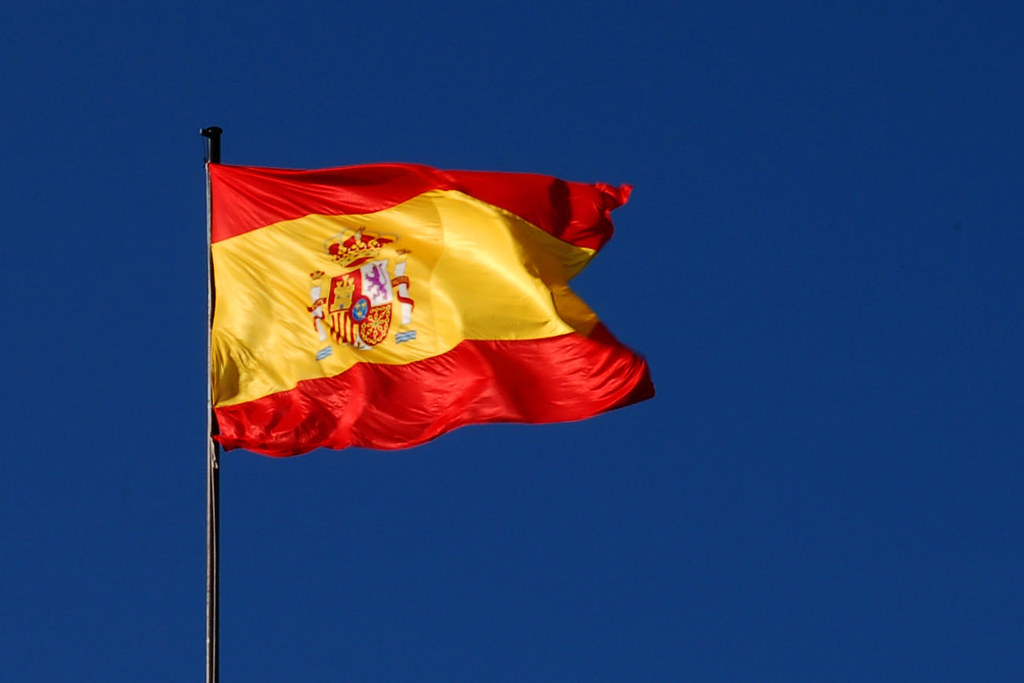Leonardo Álvarez Álvarez (University of Oviedo)
On the 10th of November new elections were held in Spain, six months after the previous vote on the 28th of April. The care-taker president, Pedro Sánchez of the Socialist Party, forced another general election when he refused to form a coalition government proposed by Unidas Podemos, the populist left-wing party, who had demanded the vice-presidency and four ministries. Pedro Sánchez hoped that in new elections he would achieve a sufficient majority to govern alone without the support of Unidas Podemos, the nationalist parties and the Catalan independence parties.
However, Sánchez’s hopes were dashed in the polls on the 10th of November. The Socialist Party, who once again won the election, lost three MPs while Unidas Podemos lost seven. As a consequence, the left wing parties, whose main task it should have been to form a new government, were severely weakened. Nevertheless, there were two very important consequences of this election, that had in fact, been expected: a) the disintegration of a party which had represented the political centre in Spain and b) the abrupt rise of an extreme right-wing party.
The recently created Ciudadanos party had achieved significant gains in the previous election in April, winning 57 seats. The party aspired to occupy the political centre in Spain undoing the traditional two-party system which predominated Spanish politics following ratification of the Constitution in 1978. That had come about as a way of making the state governable. However, due to the extraordinary election result which left Ciudadanos just nine seats behind the traditional right wing Popular Party, they began to distance themselves significantly from this centrist role.
This narrow margin led Ciudadanos to believe that they could continue to grow in the future, capturing the votes of traditional Popular Party voters. This led them to abandon the centre and move to the right. For this reason they did not want to support or facilitate the inauguration of the socialist party candidate, Pedro Sánchez, which also led to the November elections. As expected, Ciudadanos lost the battle with the Popular Party and the voters penalised them for forsaking the centre ground. Ciudadanos lost 47 parliamentary seats, going from 57 in April to only 10 in November. This led to the resignation of their party leader, Albert Rivera and to the loss of the political centre in Spain.
The second consequence of the November election was the meteoric rise of Vox, the extreme right-wing party. It went from having 24 seats in April to 52 in November. This extraordinary rise, which confirmed the death of the political centre in Spain can be explained by two factors. First, the current conflict in Catalonia. Although perhaps not so much because of the Catalans’ desire for independence from the Spanish state which started in 2010 and grew in strength; this had already helped to bring about Vox’s rise in the April election. The extraordinary rise of Vox in the November election can be explained, above all, by the especially violent disturbances which occurred in Barcelona in response to the Supreme Court decision on the 14th of October which sentenced the leaders of the independence movement for their part in the illegal 2017 referendum and for the unilateral declaration of independence approved by the Catalan parliament a few days later. These incidents, which happened just a month before the election, gave Vox a definitive boost. The extraordinary rise of this extreme, right-wing party right can also be put down to the reaction of voters who were faced with the inability of the left wing parties to form a government, and also the inability of the traditional right-wing Popular Party to offer a way out of the current political stalemate in Spain.
Surprisingly, 48 hours after the election, the leaders of the Socialist Party and Unidas Podemos announced an agreement to form a coalition government. Exactly what Pedro Sánchez had repeatedly rejected following the April election. This was now possible because after the November election the two parties had come to share the same goal: to form a government to stop the stunning rise of the extreme right. The election results have given the left wing parties a second chance, perhaps their last, to form a government. By continuing their disagreements these two parties would undoubtedly hand their majority to right wing parties in any future election. However, there is still a long way to go before a new Spanish Prime Minister is sworn in. Pedro Sánchez, even with the support of Unidas Podemos, still needs either a vote in his favour or the abstention of more than 18 MPs from other parties. He will need to find the support of the nationalists and maybe the pro-independence parties which will mean significant instability for the forthcoming parliament.
The views expressed in this article reflect the position of the author and not necessarily the one of the Brexit Institute Blog
Leonardo Álvarez Álvarez is Professor of Constitutional Law at the University of Oviedo
Photo credit: “Spanish flag” by cesarastudillo under CC BY-NC 2.0



